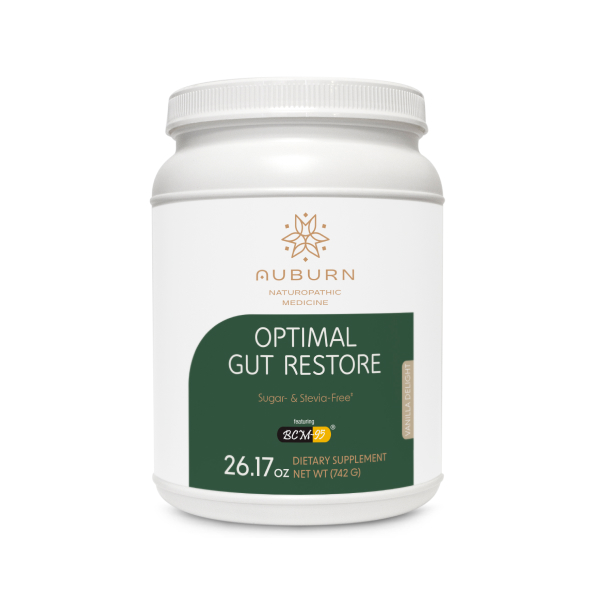
There a a myth about diet that has persisted for decades, despite many research studies saying the exact opposite. The myth is that FAT is bad for you, and that eating too much fat promotes obesity. The truth is, SOME fats are bad for you – those include trans-fats, or man-made fats, and fats that are inflammatory in nature, which come mostly from farmed meats, farmed fish and dairy products. These contain higher levels of a fat called arachadonic acid which can promote inflammation and increase pain, as well as heart disease, arthritis, allergies, and many other inflammatory processes. However, most fats are actually quite essential and very beneficial for your health. Good fats such as those in olives, and cold-pressed olive oils, avocados, coconuts, grass-fed and wild fish, flax and other natural plant oils actually can reverse the inflammatory process in your body, lower cholesterol, prevent heart disease and obesity, and bring your health back into balance. Your body needs fats to absorb your fat-soluble vitamins which many people are showing up in tests to be deficient in, vitamin A, vitamin E, vitamin D, and vitamin K. Your body also needs fats to make cholesterol, which in turn produces your sex hormones and stress hormones like cortisol. Your body also has hormones that are produced when you eat these good fats that help control your appetite (so you feel more full), and fats also keep you feeling full for a longer time, so you do not get the blood sugar and hunger swings that happen when you only eat carbohydrates. Fats provide a wonderful energy source for the body to workout and be able to maintain long, strenuous exercise, so it is an extremely important part of any elite athlete’s diet. For most people, adding fat to the diet actually helps them to lose weight, through the anti-inflammatory properties of fats, the appetite control, as well as the reduction in total carbohydrates that occurs when more of your calories come from good fats.



